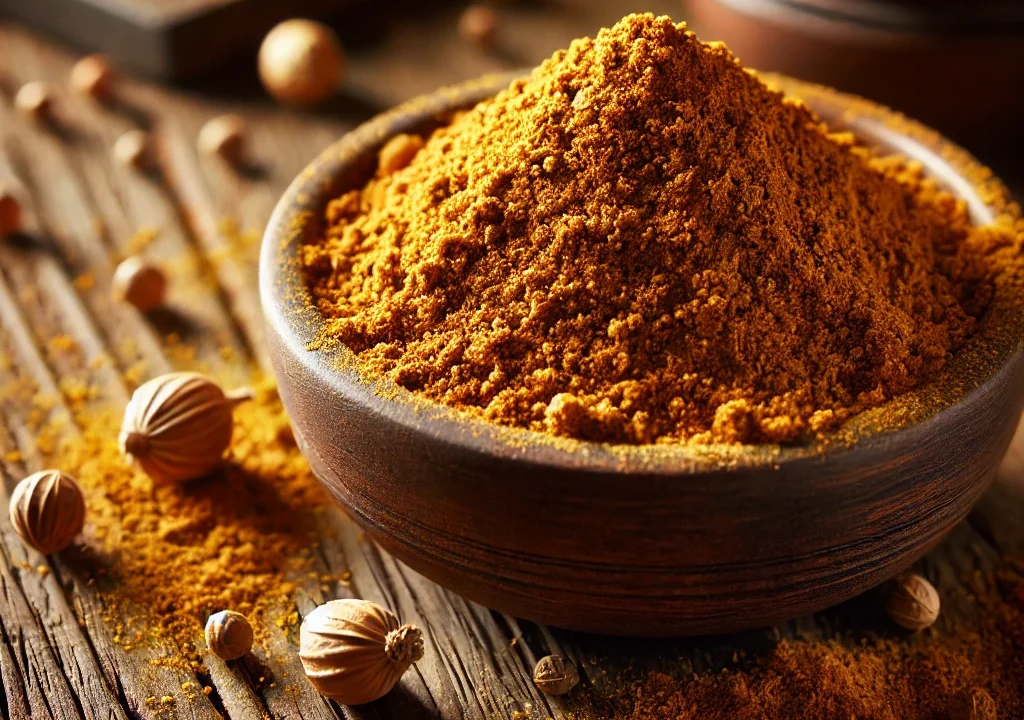Coriander, also known as cilantro or Chinese parsley, is a fragrant herb that has been a cornerstone of culinary traditions and herbal medicine for centuries. Its leaves, seeds, and roots are widely used in various cuisines, while its nutrient-rich profile makes it a valuable addition to a healthy diet. Packed with vitamins, minerals, and antioxidants, coriander offers a host of health benefits, from improving digestion to supporting heart health.
Health Benefits of Coriander
Rich in Nutrients: Coriander is a great source of vitamins A, C, and K, as well as minerals like potassium, calcium, and magnesium, which support overall health and well-being.
Powerful Antioxidant Properties: Coriander contains antioxidants like quercetin, tocopherols, and terpinene, which help neutralize free radicals, reduce oxidative stress, and protect against chronic diseases.
Supports Digestive Health: Coriander stimulates the production of digestive enzymes, aiding in digestion and reducing symptoms of bloating, gas, and indigestion.
Promotes Heart Health: Coriander may help lower LDL (bad) cholesterol and raise HDL (good) cholesterol. Its diuretic properties can also help regulate blood pressure, supporting cardiovascular health.
Helps Manage Blood Sugar Levels: Studies suggest that coriander seeds can improve insulin activity and help lower blood sugar levels, making them beneficial for people with diabetes.
Anti-Inflammatory Properties: The compounds in coriander, such as linalool, have anti-inflammatory effects that may help alleviate symptoms of arthritis and other inflammatory conditions.
Boosts Immune System: Coriander’s antibacterial, antifungal, and antiviral properties help the body fight infections and boost immunity.
Supports Skin Health: Coriander has been used traditionally to soothe skin irritations, reduce acne, and promote clear, healthy skin due to its antibacterial and anti-inflammatory properties.
Detoxifies the Body: Coriander is known for its ability to bind to heavy metals and help flush them out of the body, supporting liver and kidney detoxification.
May Improve Brain Health: Preliminary studies suggest that coriander’s anti-inflammatory and antioxidant effects may help protect against neurodegenerative diseases and improve memory and cognition.
Uses of Coriander
Fresh Leaves (Cilantro): The fresh leaves are commonly used in salads, salsas, and as a garnish for various dishes, particularly in Mexican, Indian, and Asian cuisines. They add a fresh, citrusy flavor.
Seeds: Coriander seeds are used as a spice and can be used whole or ground. They have a warm, nutty flavor and are often included in spice blends, curries, and pickling mixtures.
Coriander Powder: Ground coriander is used in various dishes, including soups, stews, and marinades, to add depth of flavor.
Aromatherapy and Traditional Medicine: Coriander essential oil is used in aromatherapy and traditional medicine for its potential calming effects and digestive benefits.
Safety Considerations
Allergies: Some individuals may be allergic to coriander or cilantro, experiencing symptoms such as skin rashes or gastrointestinal discomfort. Discontinue use if any adverse reactions occur.
Sensitivity to Flavor: Coriander has a distinct flavor that some people find appealing, while others may dislike it. This is often due to genetic factors that affect taste perception.
Interactions with Medications: Coriander may interact with certain medications, particularly those affecting blood sugar levels. Consult a healthcare provider if you are on medication.
Pregnancy and Nursing: Coriander is generally considered safe in culinary amounts, but pregnant or nursing women should consult a healthcare professional before consuming large amounts or using it as a supplement.
Pesticide Residue: Like many herbs, coriander can be exposed to pesticides. Washing fresh cilantro thoroughly before consumption can help reduce exposure to any residues.
Conclusion
Coriander is more than just a flavorful herb; it’s a natural health booster. With its high levels of vitamins A, C, and K, along with its anti-inflammatory, antimicrobial, and digestive properties, coriander supports overall well-being. Adding coriander to your diet is an easy way to enjoy its refreshing flavor and reap its many benefits.
